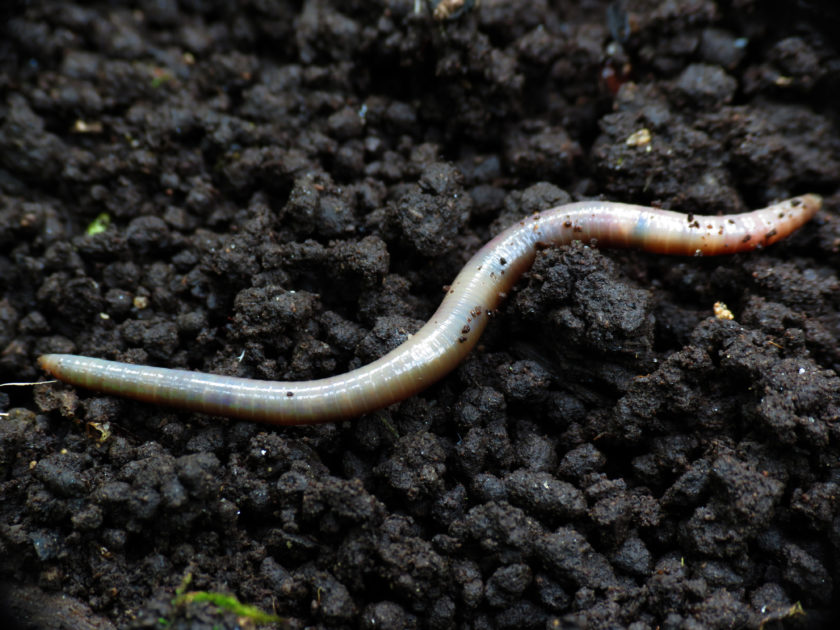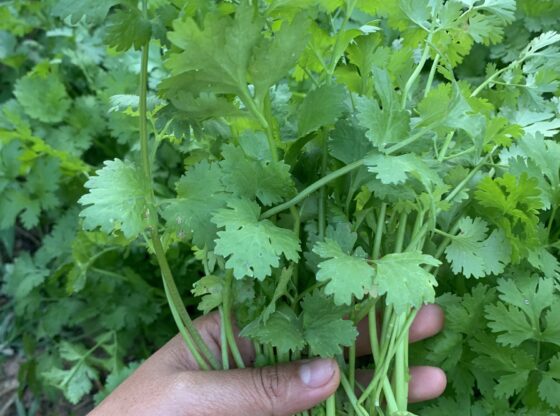![]()
For centuries, the Chinese used snake oil as a treatment for joint pain, arthritis and bursitis.
They brought this folk remedy with them when they arrived in the US in the mid-1800s to build the transcontinental railroad, “that was backbreaking work.”
Synthetic pain-killers such as aspirin were not yet freely available.
When the Chinese workers offered their remedy to Westerners as a palliative it was likely perceived to be a “primitive” form of “quackery” by the medical experts of that time. This is one probable origin of the derogatory meaning of the word “snake oil.”
On the other hand, the word “quack” as used today came from the German word for “quicksilver,” namely: “quecksilber”.
It is believed that American dentists shortened it to “quack” to describe the amalgam-hucksters.
Quick-silver Associates write “It is sobering to realise that the original ‘quacks’ were dentists who advocated the use of mercury amalgam.”
Perhaps the most ironic thing about modern pharmaceutical “snake oil,” i.e. petrochemical-derived and patented synthetic chemicals, is that they often have considerably less value than a placebo, and in certain cases may not even compare in therapeutic value to actual snake oil. And that is over and above the fact that their safety is many orders of magnitude lower, with pharmaceuticals known to kill well in excess of 100,000 patients each year in the US even when correctly prescribed.

The point here is that when age-old invectives like “snake-oil” are hurled at those advocating natural approaches to healing by those who would claim synthetic chemicals are the only “real” or evidence-based alternatives, the “insult” itself reveals a subconscious acknowledgement that practically all things produced by Nature have medicinal value and which are often far more effective and safer than synthetic, chemical-derived pharmaceuticals.
EARTHWORMS !
Let’s look closer at another example of purported “snake oil”:
The traditional practice among the Maori and Chinese of eating earthworms to settle an upset stomach.
Long considered an obscene, disgusting, “folk medicine” practice, recent scientific studies tell quite a different story:
Earthworms are shown superior to Ranitidine as an anti-ulcer, gastroprotective agent. Ranitidine is a chemical which blocks the H2-histamine receptors in the parietal cells in the stomach that produce hydrochloric acid, and is sold under the trade name Zantac. Until Zantac lost its patent in 1997, global sales reached 1.6 billion dollars annually. So which is the “snake-oil,” the infatuated object of “quackery”?

Synthetic chemicals excreted by a vast petrochemical-medical-industrial complex, and re-purposed and repackaged to the consumer as “medicines” at mark ups thousands of times higher than cost?
Or, natural substances and organisms traditionally used as food-medicines, sometimes for thousands of years before the advent of modern, scientism- and drug profit -driven medicine?
Just for the record, I won’t be eating worms any time soon. But given the choice between a chemical, with no biological or evolutionary precedent in my body, and an earthworm or sip of actual snake oil, I will gladly choose the latter.













